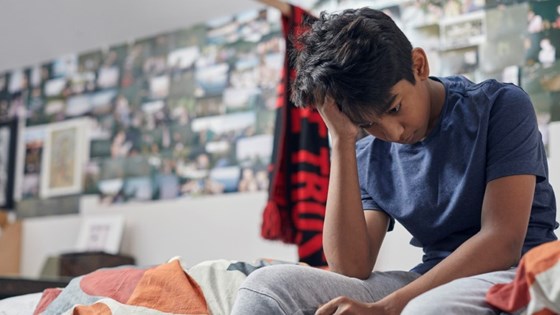Hepatitis B is a virus that is passed on through sexual intercourse and blood to blood contact, including sharing needles and straws for drugs.
It is a virus that attacks the liver and can possibly cause long term damage.
You can be tested for Hepatitis B with a blood test. Symptoms of Hepatitis B usually involve getting flu-like symptoms a few weeks after catching it, it can also cause jaundice where your skin and eyes turn a yellowish colour. These symptoms will go away after a short time, and you may not experience any other symptoms for many years.
A lot of people who catch Hepatitis B will naturally get rid of the virus by themselves as their immune system is strong enough to deal with it. Very young people, older people and people with weak immune systems have a lower chance of naturally clearing it.
Vaccinations against Hepatitis B are available, and usually involve 3-4 injections over a number of weeks. Hepatitis B is more common amongst people from certain parts of the world, those who have anal sex and those who share drug needles and straws. If you think you may need the Hepatitis B vaccination speak to your sexual health clinic for more information.









